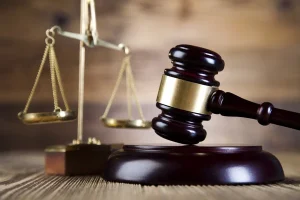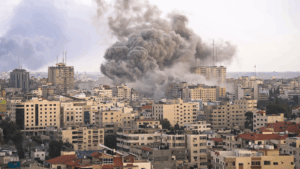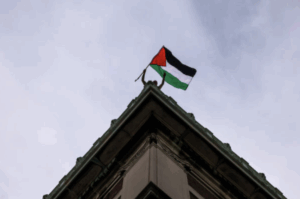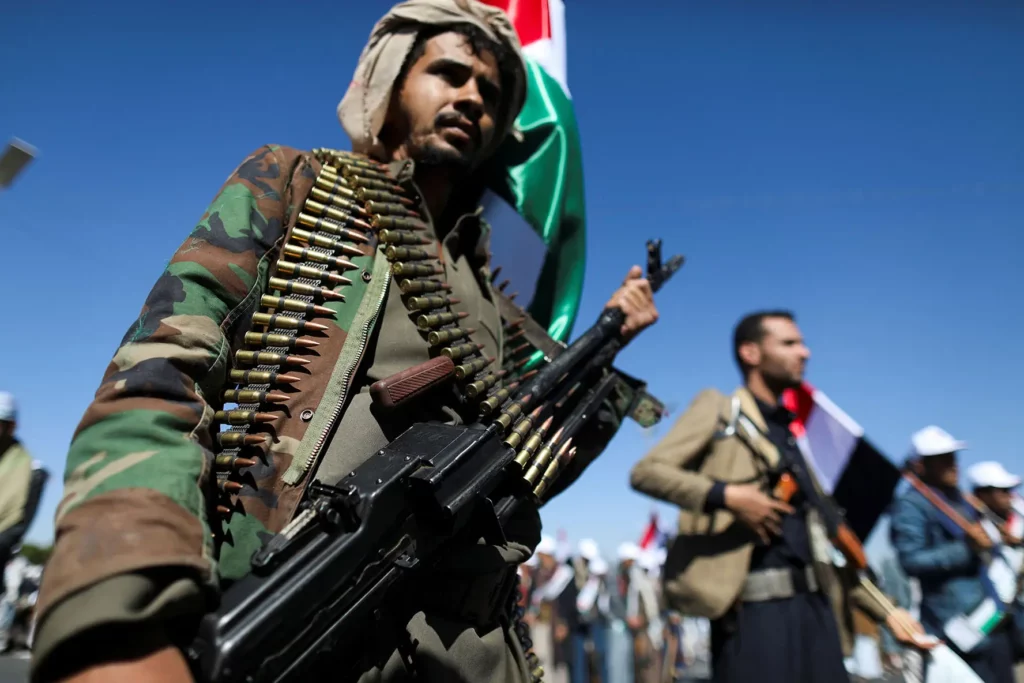Over 800 Targets Hit
According to a statement from the U.S. Central Command (CENTCOM), American strikes have hit more than 800 targets since last March. These strikes have resulted in the deaths of several hundred Houthi fighters, including many high-ranking officials.
« Has struck over 800 targets. These strikes have killed hundreds of Houthi fighters and numerous Houthi leaders, including senior Houthi missile and UAV officials. »
USCENTCOM Press Release
The Beginning of Houthi Attacks
Following the beginning of war between Israel and Hamas in 2023, the Houthis voiced their support for the Palestinians. Since then, they have launched near-daily attacks on commercial ships in the Red Sea, and occasionally target Israel. These attacks are presented as acts of solidarity with the people of Gaza, a region devastated by Israel’s military campaign, which was launched in response to Hamas’ terrorist attack on October 7, 2023.
The Houthis, A Risk in the Red Sea
Houthi piracy poses a serious risk to ships transiting through the region to the Suez Canal – a strategic passage that connects Asia, Europe, and Africa, and normally handles around 12% of global maritime trade. According to Egypt’s foreign minister, the Canal traffic dropped by more than half in 2024 compared to 2023, before the attacks began.
Due to this instability, many shipping companies have had to reroute their ships, causing delays of around two weeks and costly detours, such as around southern Africa.
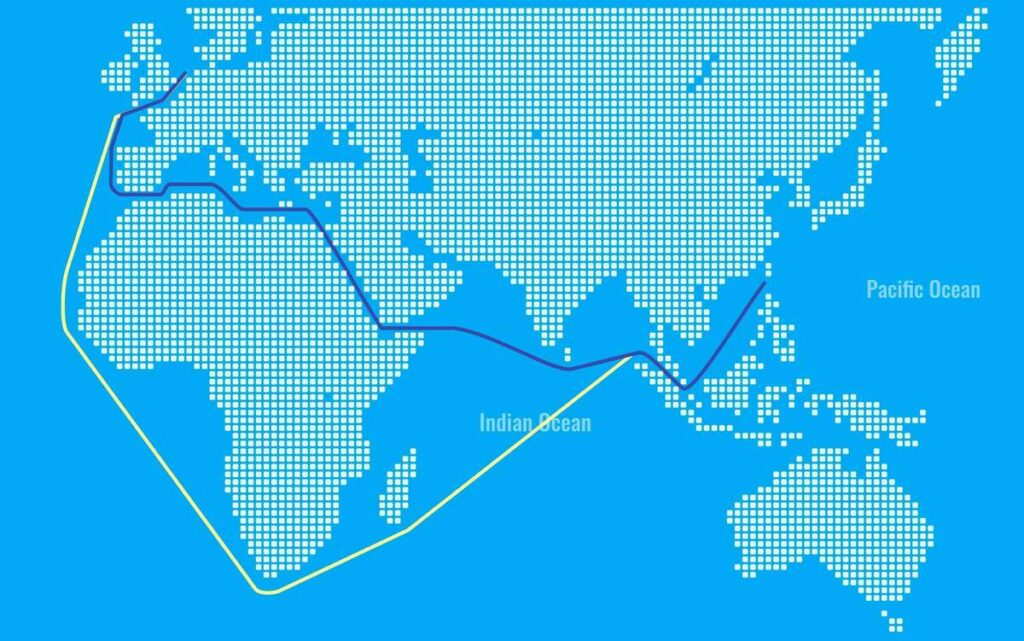
A Success According to the U.S.
According to the United States, their airstrikes have reduced both the frequency and effectiveness of Houthi attacks.
“While the Houthis have continued to attack our vessels, our operations have degraded the pace and effectiveness of their attacks. Ballistic missile launches have dropped by 69%. Additionally, attacks from one-way attack drones have decreased by 55%.”
A Detention Center Hit
However, the operation has resulted in significant civilian casualties. On April 28, a U.S. airstrike hit a migrant detention center in Saada (northern Yemen), killing over 68 civilians and injuring dozens more.
The center was housing 115 migrants, mostly Ethiopians. According to a witness interviewed by the BBC, the facility was located in an “open area” and “far from any military base.”
Houthis Denounce a War Crime
The Houthi Ministry of Interior condemned the “deliberate bombing” of a civilian facility, calling it a “war crime.” Iran, the Houthis’ main ally, also condemned the strikes, describing them as “war crimes against civilian targets, vital infrastructure, and homes.”
The Response of the Houthis
In response to the bombings, the Houthis claimed attacks on the U.S. aircraft carrier USS Harry S. Truman and the Israeli city of Ashkelon. They claim to have launched missiles and drones, forcing the ship to reposition. The group vowed to continue its offensives “as long as the aggression against Yemen continues.”
Western Military Interventions
The Houthi attacks in the Red Sea led the U.S. to form the “Prosperity Guardian” coalition, bringing together more than 20 countries – including France, the UK, Italy, and the Netherlands – to secure this maritime route.
In February 2024, the EU launched Operation “Aspides,” a defensive naval mission to protect commercial ships, but without conducting land strikes. Participating countries include Germany, France, Italy, and Greece.
Finally, in January 2024, the UN Security Council adopted Resolution 2722, calling for an immediate cessation of Houthi attacks in the Red Sea – though its impact has been very limited.
Who Are the Houthi Rebels?
The Houthi rebels (الحوثيين – also known as Ansar Allah) are part of a Shiite politico-religious movement from Yemen’s Zaydi minority. Founded in the 1990s by Hussein Badreddine al-Houthi (after whom the group is named), its initial aim was to defend Zaydi interests in a predominantly Sunni country.
The Zaidi monarchy in Yemen was overthrown in 1962 by a republican coup supported by Nasser’s Egypt, leading to the creation of North Yemen. After the country’s unification in 1990, the Zaidis became a minority in a now-majority Sunni Yemen.
A civil war broke out in 2014, pitting the Houthis rebels against the internationally recognized Yemeni government. To support the Yemeni government, a Saudi-led military coalition intervened in 2015 under “Operation Decisive Storm”. It included around 15 countries such as the UAE, Egypt, and the United States. The objective was to defeat the Houthis and reinstate the exiled President Abdrabbuh Mansour Hadi.
Since 2015, the Houthis have controlled about 30% of Yemen, including its capital, Sanaa. In the areas under their control, they have imposed an authoritarian regime accused of serious human rights violations. The ongoing conflict has caused over 150,000 deaths and displaced nearly 5 million people.
The Houthis and Iran
Ideologically, the Houthis and Iran share opposition to Western influence and Israel. This aligns with what Tehran calls the “Axis of Resistance”, alongside Lebanon’s Hezbollah and the Palestinian Hamas. This alliance has resulted in coordinated attacks on Western and Israeli interests. It includes missile and drone strikes on ships in the Red Sea to disturb global maritime trade.
The Houthi movement also receives significant support from Iran. According to UN reports, this includes advanced weapons and military equipment, technical assistance, military training, and intelligence sharing (from Iran and Hezbollah).
Iran primarily supports the Houthis through the Islamic Revolutionary Guard Corps (IRGC), a paramilitary organization operating under the direct authority of Iran’s Supreme Leader. It is responsible for safeguarding the regime.


